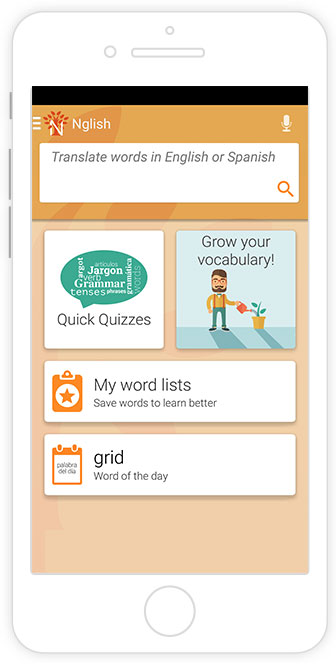

The site offers two definitions for allyship: The role of a person who advocates for the inclusion of a ‘marginalised or politicised group’ in solidarity but not as a member, and the more traditional relationship of ‘persons, groups or nations associating and cooperating with one another for a common cause or purpose’. It is continuing to evolve and we saw that in many ways.’ ‘In the past few decades, the term has evolved to take on a more nuanced and specific meaning. ‘It might be a surprising choice for some,’ he told The Associated Press ahead of Monday’s unveiling. The lookup site with 70 million monthly users took the unusual step of anointing a word it added just last month, though ‘allyship’ first surfaced in the mid-1800s, said John Kelly, the site’s associate director of content and education.

Inoculation, on the other hand, dates to 1714, in one sense referring to the act of injecting an “inoculum.”Įarlier this year, Merriam-Webster added to its online entry for “vaccine” to cover all the talk of mRNA vaccines, or messenger vaccines such as those for Covid-19 developed by Pfizer-BioNTech and Moderna.Allyship, an old noun made new again, is ’s word of the year. It was borrowed from the New Latin “vaccina,” which goes back to Latin’s feminine “vaccinus,” meaning “of or from a cow.” The Latin for cow is “vacca,” a word that might be akin to the Sanskrit “vasa,” according to Merriam-Webster. The first known use stretches back to 1882 but references pop up earlier related to fluid from cowpox pustules used in inoculations, Sokolowski said. The word “vaccine” wasn’t birthed in a day, or due to a single pandemic. So did vaccine hesitancy and friction over vaccine passports. Debates over inequitable distribution, vaccine mandates and boosters kept interest high, Sokolowski said. Compared with 2019, when there was little urgency or chatter about vaccines, Merriam-Webster logged an increase of 1,048 percent in lookups this year.


 0 kommentar(er)
0 kommentar(er)
